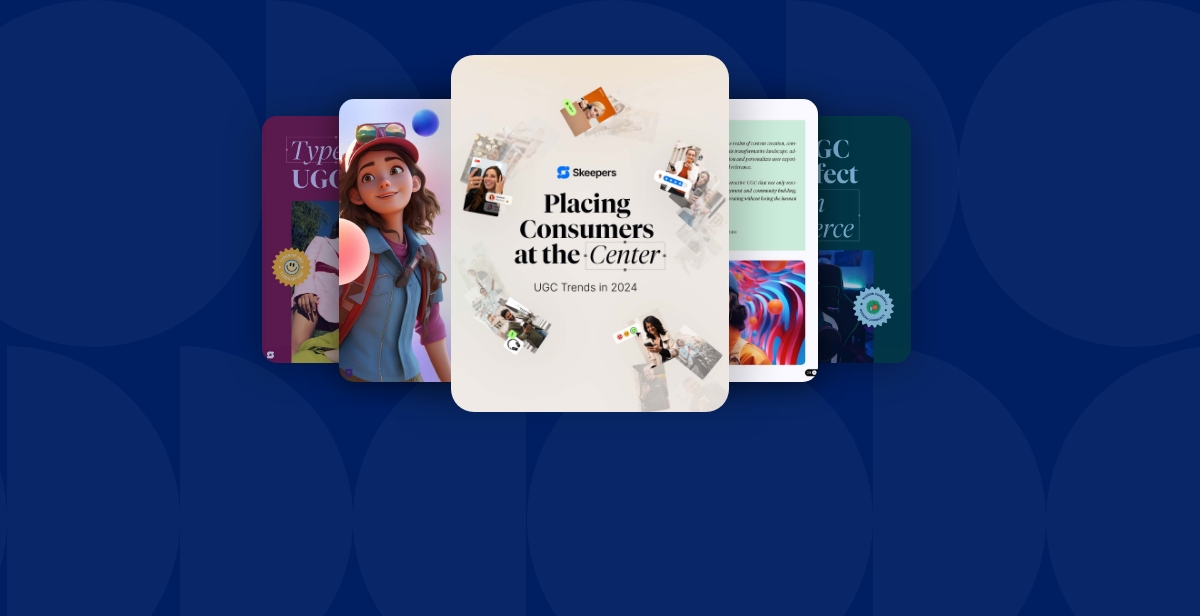Developing and maintaining relationships with customers can be a challenge. But no task is more essential for a business’ growth and survival. In order to maintain close customer relationships, a CRM system is a must-have. CRM, short for customer relationship management, serves numerous functions: It helps businesses organize basic information and details about customers and leads....
Developing and maintaining relationships with customers can be a challenge. But no task is more essential for a business’ growth and survival. In order to maintain close customer relationships, a CRM system is a must-have.
CRM, short for customer relationship management, serves numerous functions:
- It helps businesses organize basic information and details about customers and leads.
- It keeps track of their transaction history, along with information about a customers’ place or status in the sales process.
- It provides analytics that enable a business to better predict a customer’s future needs.
Most CRM software is created to meet the general needs of most businesses, so no CRM software will fit your specific business like a glove. This means you must be careful to choose a CRM which will best meet your needs and avoid those which offer irrelevant features.
Choosing the Right CRM: What to Look For
Here are five of the most important features a strong CRM should include. But remember: the trick is to find the right software for you, a CRM which will enable you to most effectively manage your own unique customer interactions.
1) Ease of Use
Hands down, this is the most important feature. According to a recent study, 55% of business owners are looking for an intuitive, user-friendly system above all else. Start by asking yourself which features you cannot live without. Narrowing down the requirements to the essentials will likely lead to a more successful adoption. But keep in mind that this doesn’t mean you should ignore features and capabilities that your business can later grow into; understanding a CRM product’s full potential is something that shouldn’t be overlooked. Solving your problems of today with a product filled with limitations is certain to catch-up with you tomorrow.
2) Mobile Access
Mobile CRM boost sales productivity. According to a Nucleus Research report, mobile access to CRM applications increases the productivity of sales people by 26.4%. And research by Innoppl Technologies shows how 65% of sales reps who work at companies that have adopted a mobile CRM have achieved their sales quotas as opposed to just 22% of reps from non-mobile CRM enabled companies. This is due to the fact that mobile CRM shortens the sales cycle since customer information can be accessed anywhere, anytime, freeing up time for sales reps to prospect new leads.
3) Strong Multichannel Support
Multichannel marketing as a whole is critical for companies that want to be able to interact with customers regardless of the channel they use, whether it’s email, text messaging, social media, or live chat. And today’s consumer is likely to use every touch point. Econsultancy reports that 67% of surveyed consumers use different platforms while deciding on a purchase and, regardless of which channel, 64% expect real-time customer support. Therefore, it’s crucial that businesses share with customer service agents and sales people an accurate knowledge base which links information from multiple channels.
4) Integrated Analytics
Analytics provide you with the ability to filter and review customer information, making it easier to identify your customers’ future needs before they even know them, thus, identifying opportunities to maintain an ongoing relationship with your customers. Knowing what your customers need is a surefire way to build long-term satisfaction. According to a recent Accenture report, it’s the reason why 55% of surveyed consumers remain loyal to a business.
5) Lead Tracking and Follow Up
Your lead tracking and follow up system needs to be accessible at anytime, anywhere, and on any device. It needs to be simple to use, able to extract quick information when needed. If your system is too complex, you will end up not using it and lose leads and money. Glister Research reports that 74% of top-performing companies use automated lead nurturing. However, among average- or below-performing companies that use automated lead nurturing, more than half fail to effectively leverage the platform’s lead nurturing capabilities so never experience the full benefit.
Maximize Your CRM with Customer Feedback
CRM is not one-size-fits-all. It is necessary to find a system you can customize to meet your business needs. Understanding your needs before you jump in with both feet is the crucial first step.
The second step is to gather as much information as you can about the people you are selling to. What you are able to accomplish with your CRM depends entirely on what you know about your customers and leads, knowledge which can be easily gathered through feedback surveys. Surveys will provide you not only general demographic and contact information, but also deeper insights into customers’ specific needs and areas of interests, information which will enable you to better nurture your relationship with each customer and gain their loyalty.
CRM is not a magic bullet that will turn your business into an overnight success. But using the right software to gather, centralize, and disseminate customer knowledge; will help you turn your CRM into a tool for success.








